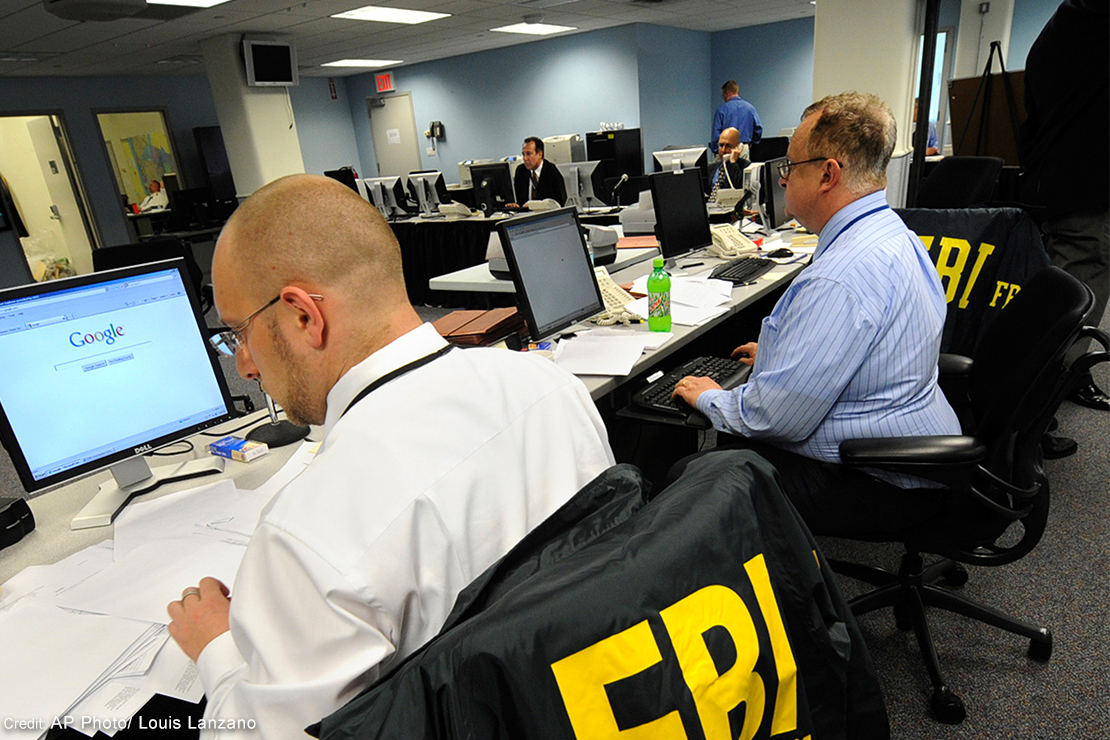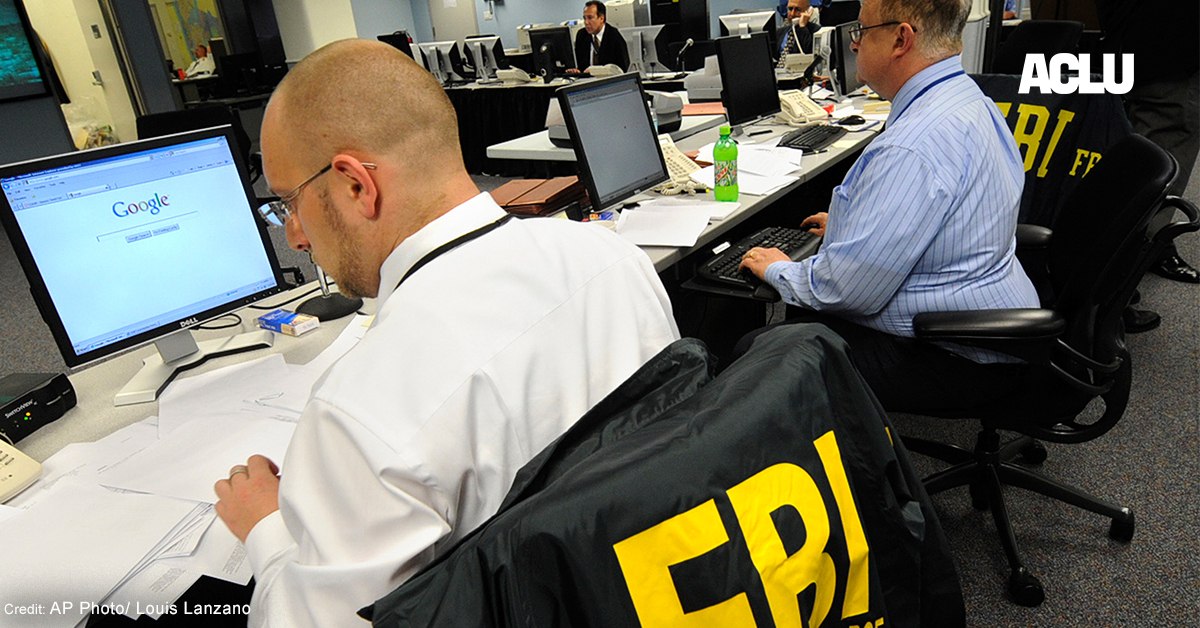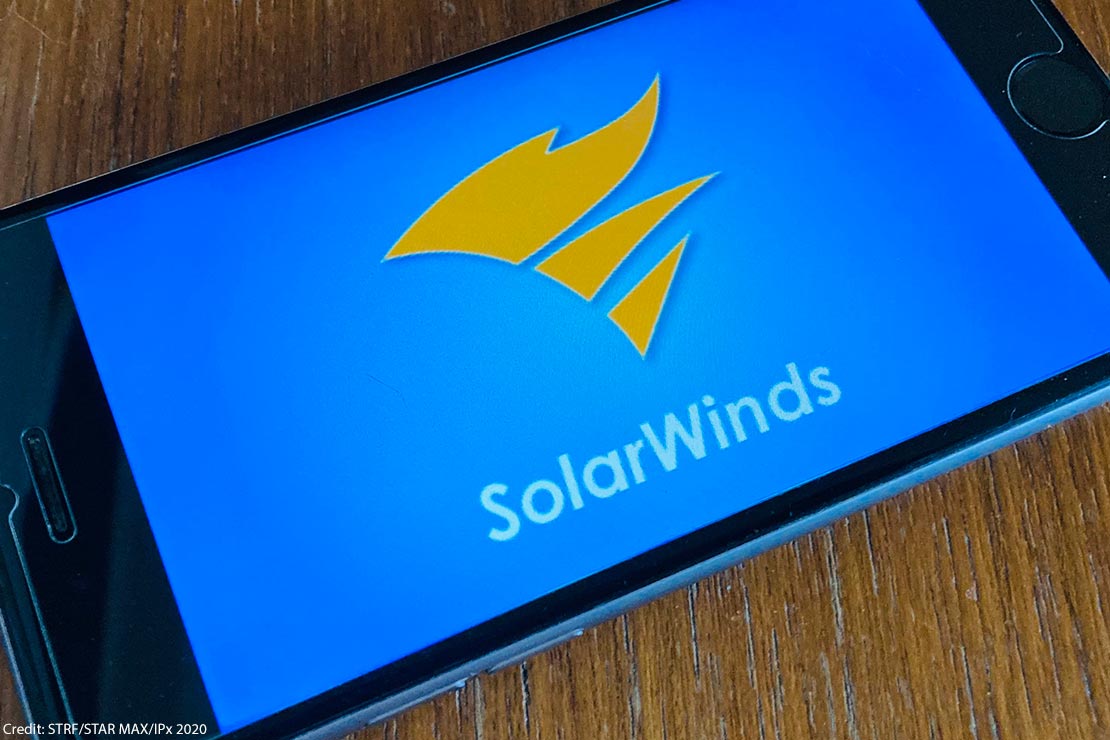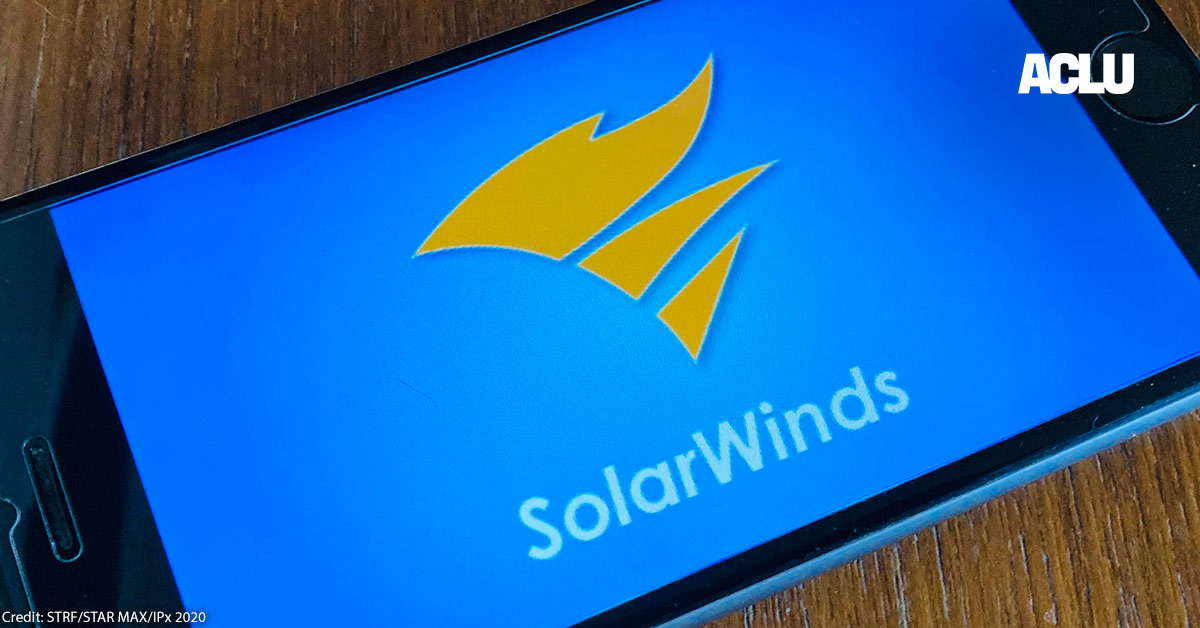Professor Xiaoxing Xi is a Chinese American scientist whom the U.S. government wrongly accused of unlawfully sharing sensitive technology with scientists in China. After the Justice Department dismissed its baseless indictment, Professor Xi brought suit against the government, seeking accountability for the FBI’s wrongful arrest of him, its surveillance methods, and its discriminatory targeting of Chinese Americans. Yesterday, a federal district court compounded the harms Professor Xi has suffered by dismissing nearly all of his legal claims.
For years, the government has wrongly targeted Chinese American scientists for investigation and prosecution, most recently as part of the Justice Department’s “China Initiative.” In the process, the government has cast broad, unjustified suspicion on scientists of Chinese descent. Several of the resulting prosecutions have been based on faulty grounds — with devastating consequences for the lives of those affected.
Professor Xi’s nightmare began one spring morning in 2015, when he awoke to violent banging on the front door of his home outside Philadelphia. When he opened the door, a group of armed FBI agents handcuffed him and rounded up his wife and daughters at gunpoint as they walked out of their bedrooms with their hands up, still in pajamas. Professor Xi had no idea what the agents wanted, but he did what they said to keep them from shooting.
Later, Professor Xi learned that FBI agents had been listening to his phone calls and reading his emails for months — possibly years. The government accused Professor Xi of sharing sensitive technology known as a “pocket heater” with scientists in China, and revealed that it had relied on spying tools designed for pursuing foreign agents. As “proof” of its accusations, the FBI pointed to Professor Xi’s emails. But the emails consisted of routine academic correspondence between the professor and his colleagues about Professor Xi’s own research that had nothing to do with the FBI’s claims and had been public for years. After Professor Xi and his defense attorneys presented this information to prosecutors, the government dismissed the indictment.
Before Professor Xi’s arrest, the government secretly used some of its most powerful spying tools to listen in on his phone calls and read through his emails. Some of this surveillance was authorized by the secret Foreign Intelligence Surveillance Court, presumably based on the same false allegations that appeared in the government’s disastrous indictment. But, as the complaint explains, other elements of this surveillance were completely warrantless and conducted under two controversial spying authorities: Section 702 of the Foreign Intelligence Surveillance Act and Executive Order 12333. These surveillance tools allow the government to access Americans’ international emails and phone calls on a vast scale.
While Section 702 and Executive Order 12333 do not permit the government to target U.S. citizens or residents for surveillance, this spying nonetheless sweeps up countless people across the country who communicate with friends, relatives, and colleagues abroad. The whistleblower Edward Snowden and others have emphasized the astonishing breadth of these warrantless surveillance powers — including the government’s use of them to spy on universities and scientific research institutions in China. In Professor Xi’s case, his collaborative, academic work required regular communication with counterparts in China — and it was precisely these communications that the government later cited in court filings when it sought to wrongly arrest him.
The court’s ruling yesterday dismissed all but one of the claims brought by Professor Xi and his family. It dismissed claims that the FBI made knowingly or recklessly false statements in support of the prosecution, and that the FBI’s investigation of Professor Xi violated the Equal Protection Clause because it was based on his Chinese ethnicity and his former status as a Chinese national. The court has not yet ruled on the remaining claim, which challenges the government’s surveillance of Professor Xi and his family and will be addressed in a separate opinion.
The court recognized that a central element of Professor Xi’s suit was that the FBI’s investigation of him was “motivated at least in part by [his] race and ethnicity, specifically, his Chinese heritage,” but dismissed his claims in part because “to the extent race and ethnicity were factors in the investigation and prosecution of Xi, those factors are the product of executive branch counterintelligence policy.” But that’s an indictment of executive branch policy — not a legitimate basis for the courts to excuse it.
And by excusing the government’s conduct, the court turned a blind eye to the devastating consequences that the government’s wrongful arrest and prosecution have had for Professor Xi and his family. As a result of Professor Xi’s arrest, his employer, Temple University, forced him to take administrative leave and suspended him as interim chair of the Physics Department. During that time, he could no longer access his lab or communicate with the students under his supervision directly, and he was taken off as principal investigator of state-of-the-art research projects. His academic reputation was shattered by the FBI’s discriminatory investigation.
Professor Xi’s case underscores the fact that discrimination against Asian American communities isn’t new. Although some of the most visible forms of this discrimination are perpetuated by private actors, many government policies and practices — such as the “China Initiative” — are also rooted in racial and ethnic bias. As Americans Advancing Justice–Asian Law Caucus, Chinese for Affirmative Action, and the Chinese Progressive Association have succinctly explained:
[The government’s wrongful] prosecutions against Asian Americans must also be viewed and challenged alongside the broader foundation of racism and discrimination that fuels such injustices. Whether it is police violence against Black Americans, President Trump’s Muslim ban, the demonization of undocumented immigrants and refugees, or anti-LGBTQ bigotry, discriminatory targeting of communities is wrong. Only through seeking justice for all who have been marginalized can such profiling be truly eliminated.
Where the government’s investigations and prosecutions are based on impermissible racial or ethnic factors, as in Professor Xi’s case, the people harmed by the government’s actions are entitled to a remedy. Although Professor Xi and his family are disappointed by the court’s ruling, the fight is not over, and they intend to appeal. It’s crucial that we secure justice for Professor Xi and other accomplished scientists who have long been harmed by the FBI’s discriminatory profiling and surveillance.




